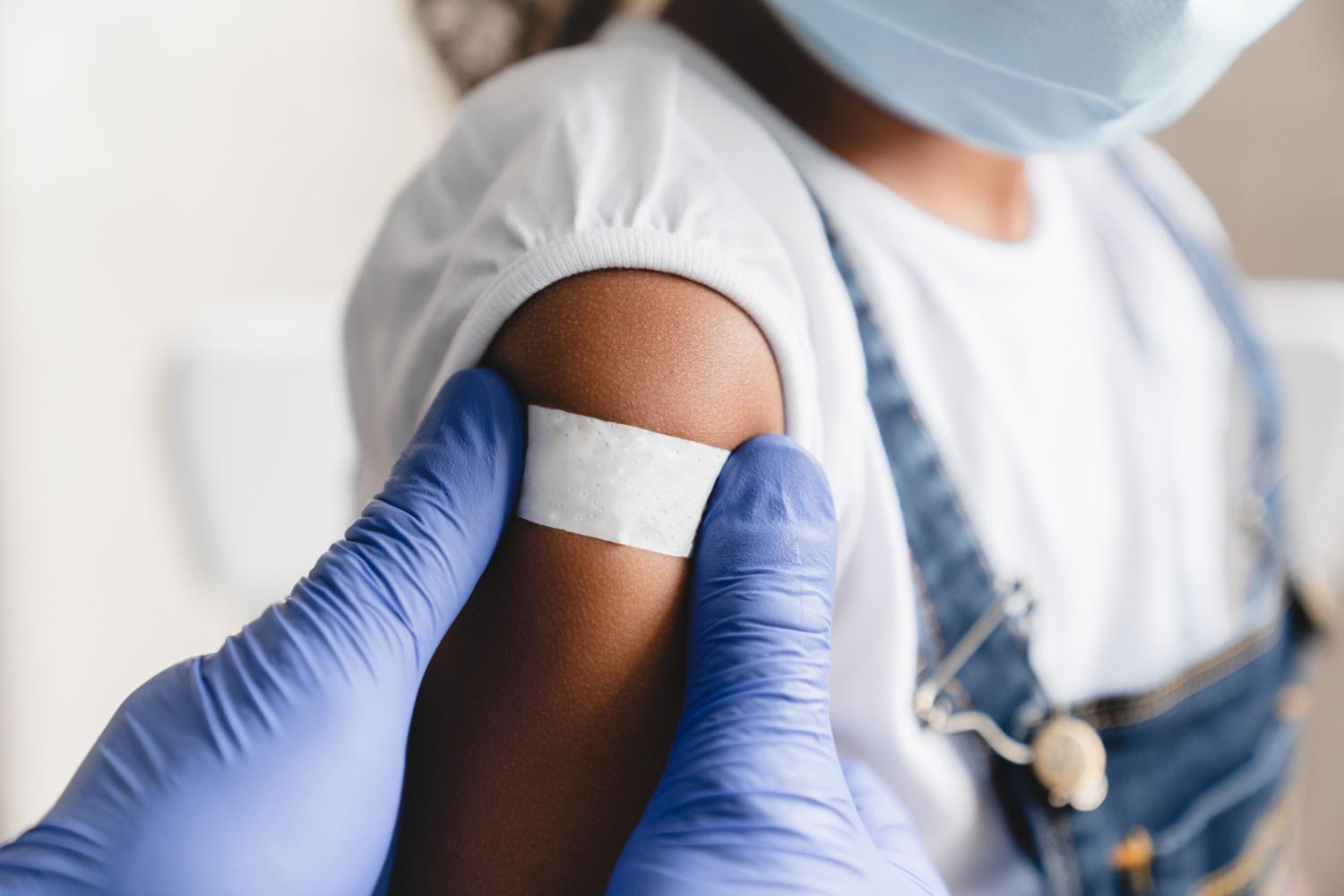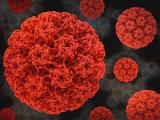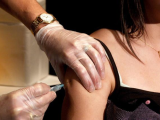New human papillomavirus (HPV) strains, which are unlikely to cause cancer, are evolving to replace the strains targeted by current vaccines, according to a new study in Cell Host & Microbe. The study also showed that vaccinating both boys and girls with current vaccines should be used to elicit herd immunity.
The study was based on HPV strains seen in 33 Finnish towns randomized to either vaccinate boys and girls, vaccinate girls only, or offer no vaccination at all. The study tracked outcomes among more than 60,000 participants, all born between 1992 and 1994. All participants were tested for HPV at ages 18 and 22, 4 and 8 years post-vaccination.
Four years after vaccination, by age 18, towns that had girls-only or sex-neutral vaccination saw a marked reduction in cancer-causing HPV strains, including HPV genotypes 16/18/31/45.
Eight years after vaccination, the authors noted comparable reductions in the vaccine-targeted HPV types 16/18/31/45 in sex-neutral communities and types 16/18/31 in girls-only communities.
Non–vaccine-targeted types increased significantly
In communities that vaccinated both boys and girls, the authors found a significant increase in non–vaccine-targeted HPV types 52 and 66 compared to control communities. These non–cancer-causing strains represented increased diversity in HPV strains. In contrast, a significantly lower diversity of strains was seen in girls-only communities among 22-year-olds.
"Differential sustained immune recognition of and response against specific virus types subsequently favor the viral strains not targeted by the vaccines or selection of certain immune escape mutants," the authors said.
Rhe increase of vaccine-untargeted low-cancer-risk HPVs do not increase the risk of cancer.
"HPV vaccine is effective to clear most cancer-causing HPVs, and what we have observed here is the subsequent new equilibrium of untargeted HPV types interacting with the host communities," said Ville Pimenoff, PhD, of the Karolinska Institutet, Sweden, and University of Oulu, Finland in a press release. "Importantly, the increase of vaccine-untargeted low-cancer-risk HPVs do not increase the risk of cancer.”
Pimenoff said the findings offer more support for vaccinating both girls and boys. "According to our calculations, it would take 20 years of vaccinating girls to achieve the same effect that can be achieved in eight years with a relatively moderate vaccination coverage rate of gender-neutral vaccination,” he said.




















